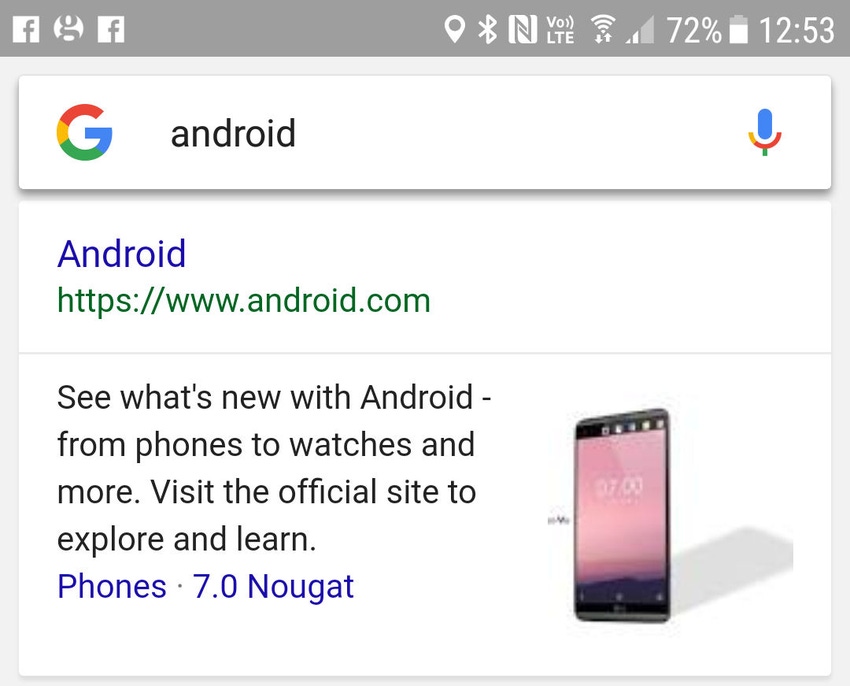Google has reached a settlement with Russian authorities over claims it has been abusing Android’s dominant position, but that might not be the end of it.
April 18, 2017

Google has reached a settlement with Russian authorities over claims it has been abusing Android’s dominant position, but that might not be the end of it.
The Russian Federal Antimonopoly Service (yes, there is one) announced the settlement after a two-year investigation prompted by a complaint Russian search engine company Yandex. The main issue is Google’s insistence that it be the default search engine on Android, a bit like Microsoft got in trouble for with Internet Explorer a couple of decades ago.
Google has accepted a small fine (~$8 million), but more importantly committed to permit the preinstallation of other search engines and introduce a ‘choice window’ into the Chrome browser to allow users to explore alternatives to Google for search.
Google will no longer demand exclusivity of its applications on Android-based devices in Russia,” said the FAS announcement. “Google will be obliged not to restrict pre-installation of any competing search engines and applications (including on the default home screen); Google will refrain from stimulating pre-installation of the Google search as the only general search engine;
“Google will no longer enforce the parts of the previously signed agreements that contradict to the terms of the settlement; finally, Google will be committed to securing the rights of the third parties to include their search engines into the choice window.
“For the devices that are currently circulating on the Russian market, Google will develop an active “choice window” for the Chrome browser which at the time of the next update will provide the user with the opportunity to choose their default search engine.”
This case is the latest instalment in a saga that has been running for almost as long as Android has existed – Google’s control of the Android user experience. While Android is, in principle, open, Google is able to impose its will over Android handset vendors by threatening to deny access to the Google Play store if they don’t conform to its guidelines. The stated reason for this is to prevent fragmentation of the Android ecosystem but it’s also quite a handy way of preventing access to competing software and services.
The Yandex CEO detailed that phenomenon in a blog post reflecting on the settlement, in which he was reasonably conciliatory towards Google. While Russia is in many ways a law unto itself, the fact that Google chose to settle may be viewed as an opportunity to mount similar challenges in other countries. Android does need a degree of stability, but if Google is as smart as it likes to think it is, it should start making a few more concessions to third party software on the platform.
About the Author(s)
You May Also Like








.png?width=300&auto=webp&quality=80&disable=upscale)


_1.jpg?width=300&auto=webp&quality=80&disable=upscale)


.png?width=800&auto=webp&quality=80&disable=upscale)